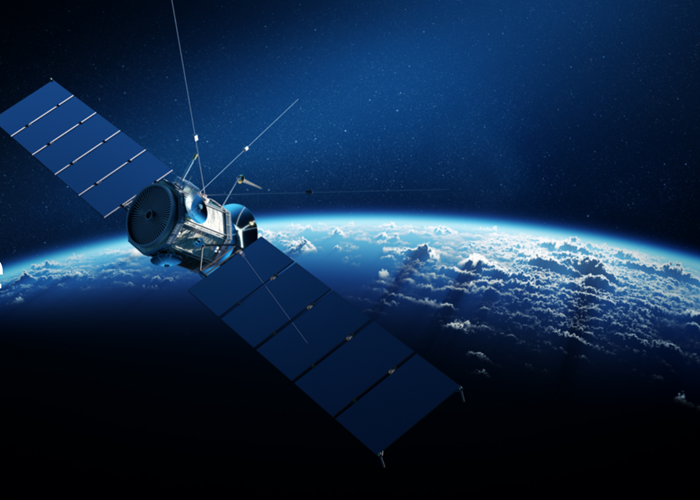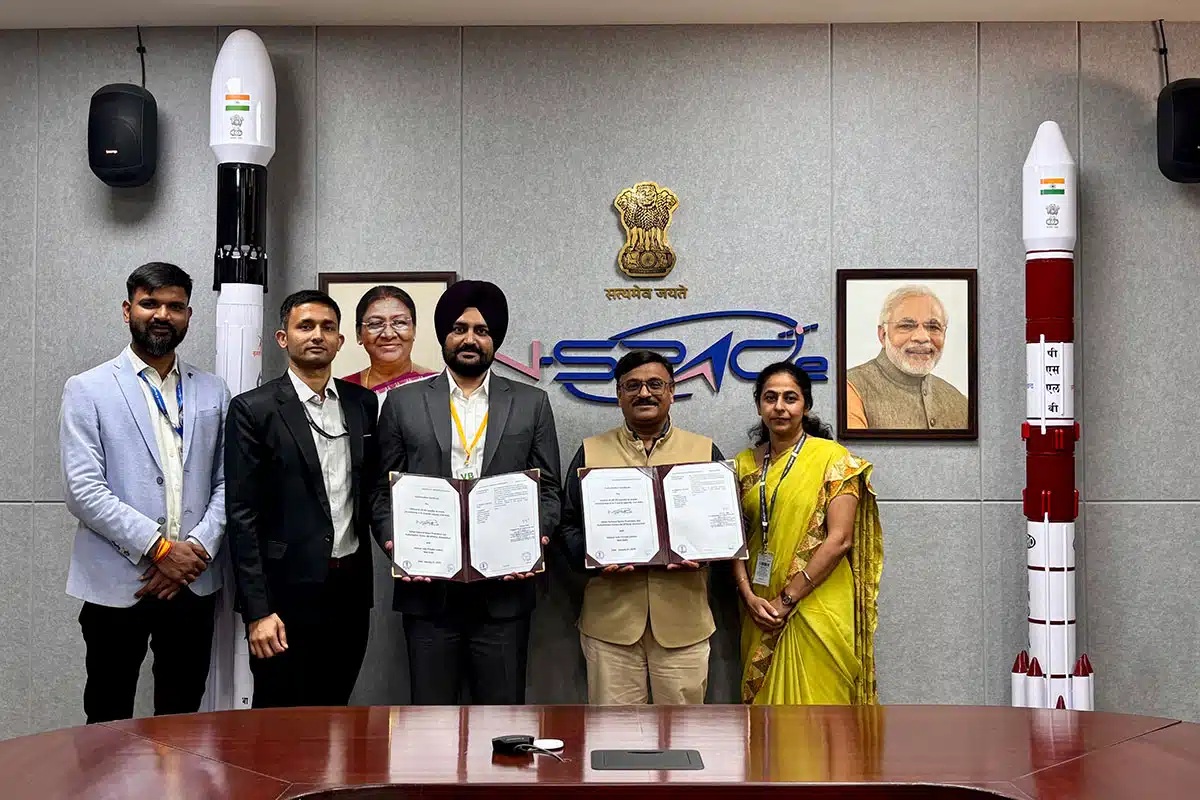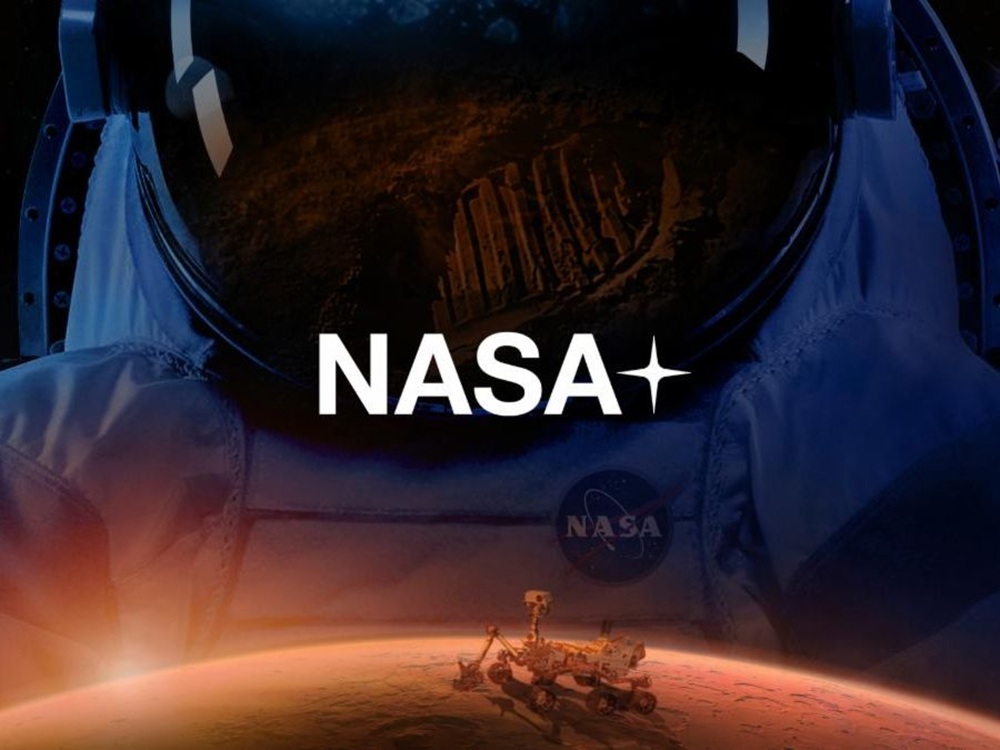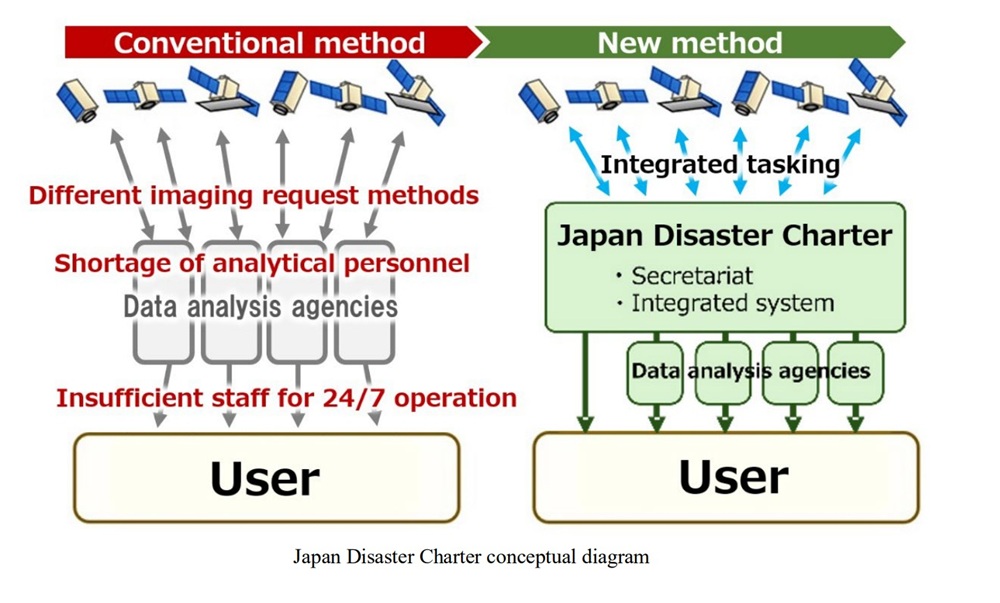KISTA, Sweden: Sivers Semiconductors AB, a global leader in photonics and wireless technologies, announced today its membership in the Digital Intermediate Frequency (IF) Interoperability (DIFI) Consortium, an influential space industry group dedicated to advancing interoperability in satellite and ground system networks. This strategic move underscores Sivers’ commitment to fostering open standards and accelerating innovation in the rapidly evolving satellite communications (SATCOM) sector.
The DIFI Consortium is a global alliance of industry leaders collaborating to develop and promote open, standards-based interoperability for digital IF/RF systems. These standards aim to replace the legacy analog intermediate frequency (IF) signals with digital interfaces that enable seamless communication between satellite payloads, antennas, and ground stations, regardless of vendor. By joining DIFI, Sivers Semiconductors aligns itself with a growing roster of innovative companies working to digitally transform space and satellite technologies.
The satellite industry is undergoing its largest digital transformation, seeking to reduce costs, increase resilience, and unlock new capabilities by digitizing ground segment systems. Traditionally, satellite ground segments have relied heavily on analog IF signals transmitted over coaxial cables between antennas and modems. This analog infrastructure is inflexible, difficult to scale, and increasingly unable to meet the demands of modern high-capacity satellite networks.
The DIFI Consortium’s mission is to establish a simple, open, and interoperable digital IF/RF standard that overcomes these limitations. By enabling digital packetized IF signals to be transported over IP networks with guaranteed interoperability, the standard facilitates scalable, flexible, and vendor-neutral ground architectures. This breakthrough is crucial for future satellite constellations, including Low Earth Orbit (LEO) and Medium Earth Orbit (MEO) systems, which require agile and efficient ground networks to handle complex payloads and dynamic orbits.
With over 20 years of experience in millimeter-wave (mmWave) solutions for satellite communications and advanced 5G systems, Sivers Semiconductors brings deep technical expertise to the DIFI Consortium. The company specializes in mmWave, optical solutions, and integrated circuits tailored for aerospace, defense, and satellite markets – capabilities that are vital for advancing digital IF technologies.
Sivers recently announced a collaboration to develop high-performance, low-cost digitizers based on the NXP Layerscape platform for SATCOM applications with Intelsat, one of the world’s largest integrated satellite and terrestrial network operators. This partnership highlights Sivers’ ability to deliver cutting-edge components that support the digital transformation of satellite networks.
“We are proud to become a member of the DIFI Consortium and contribute to shaping the future of satellite communications,” said Vickram Vathulya, CEO of Sivers Semiconductors. “Our advanced RF and optical technologies are at the core of next-generation connectivity, and through DIFI, we aim to accelerate innovation and standardization across the satellite and space ecosystem.”
Harish Krishnaswamy, Managing Director of Sivers Semiconductors’ Wireless Division, added, “Joining DIFI is a strategic step for us as we continue to expand our footprint in the satellite and space communications market. Open standards are key to unlocking scalable and interoperable solutions, and we are excited to collaborate with other industry leaders to shape the next generation of space-based connectivity.”
The DIFI Consortium’s membership includes a broad spectrum of satellite operators, manufacturers, government agencies, and technology providers. Notable members include the U.S. Space Force Space Systems Command, Amazon Web Services, Microsoft, SES, Inmarsat, Airbus Defense and Space, and Kratos Defense & Space, among others. This diverse coalition ensures that the digital IF standard addresses real-world operational needs while fostering broad industry adoption.
Stuart Daughtridge, Chairman of the DIFI Consortium, welcomed Sivers Semiconductors, stating, “We are pleased they have joined us as we continue to evolve the standard to effectively handle more use cases and roll out our Certification Program. Their expertise will be invaluable in advancing interoperability and accelerating the digital transformation of satellite ground systems.”
The Consortium recently completed version 1.2.1 of the DIFI interoperability standard, which builds on the IEEE-ISTO Std 4900-2021 framework. The standard is designed to be simple, cost-effective, and easy to verify, enabling rapid adoption across the industry. Open-source software tools have also been released to facilitate compliance testing and certification.
Beyond its DIFI involvement, Sivers Semiconductors is actively developing new products that leverage millimeter-wave frequencies to support next-generation satellite and 5G networks. In 2025, the company plans to launch several antenna array modules and evaluation kits covering frequency bands from 17 GHz up to 71 GHz, including unlicensed 5G millimeter-wave products and high-performance ground terminal panels.
These innovations are critical for enabling Very High Throughput Satellites (VHTS) operating in emerging Q- and V-bands (33-75 GHz), which offer wider bandwidths and higher data rates essential for future LEO and MEO constellations. Anders Storm, Group CEO of Sivers Semiconductors, highlighted the strategic importance of these developments, noting that unlocking these higher frequency bands will drive the next generation of satellite communications.
The satellite industry’s transition from analog to digital IF systems represents a fundamental shift toward more agile, scalable, and cost-effective ground networks. By joining the DIFI Consortium, Sivers Semiconductors is positioning itself at the forefront of this transformation, collaborating with industry peers to define open standards that prevent vendor lock-in and foster innovation.
The Consortium’s work will enable satellite operators to deploy interoperable ground equipment that can adapt rapidly to evolving satellite payloads, orbits, and constellations. This flexibility is essential as the space ecosystem grows increasingly complex and competitive.





